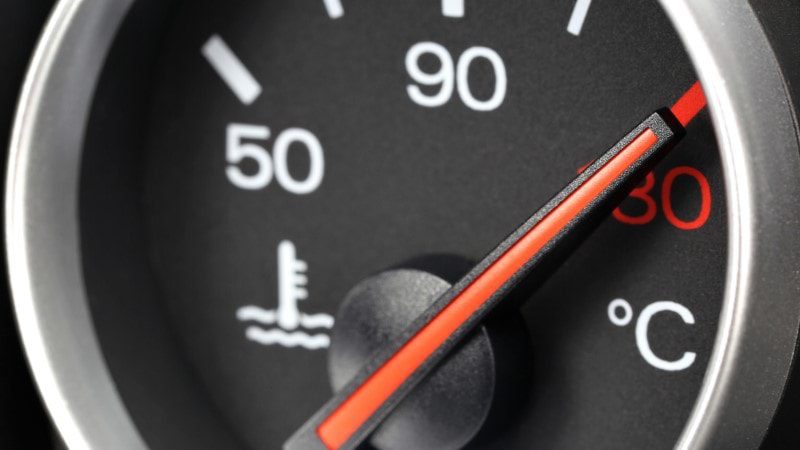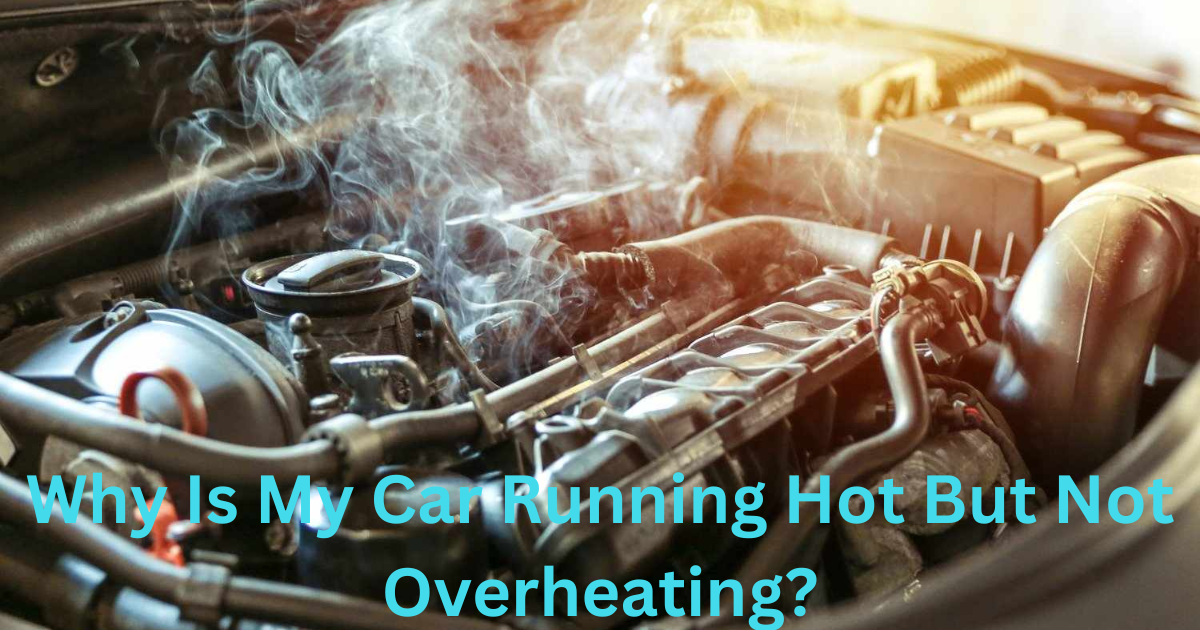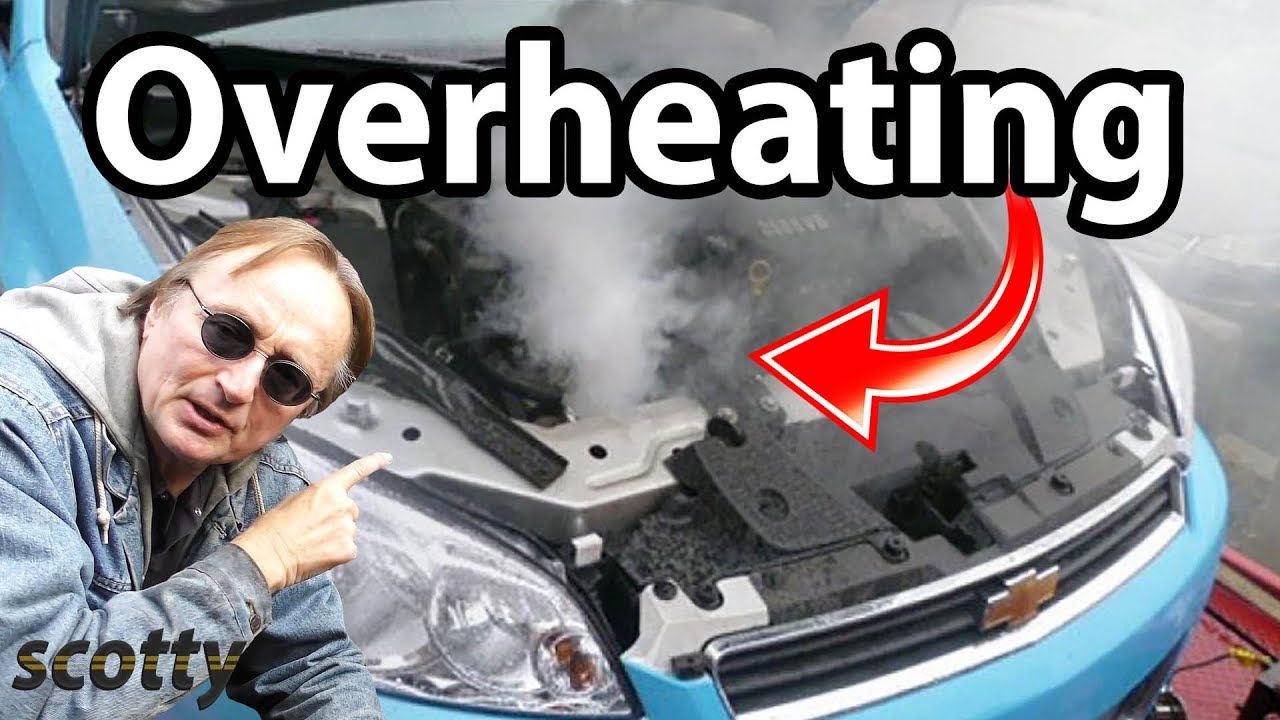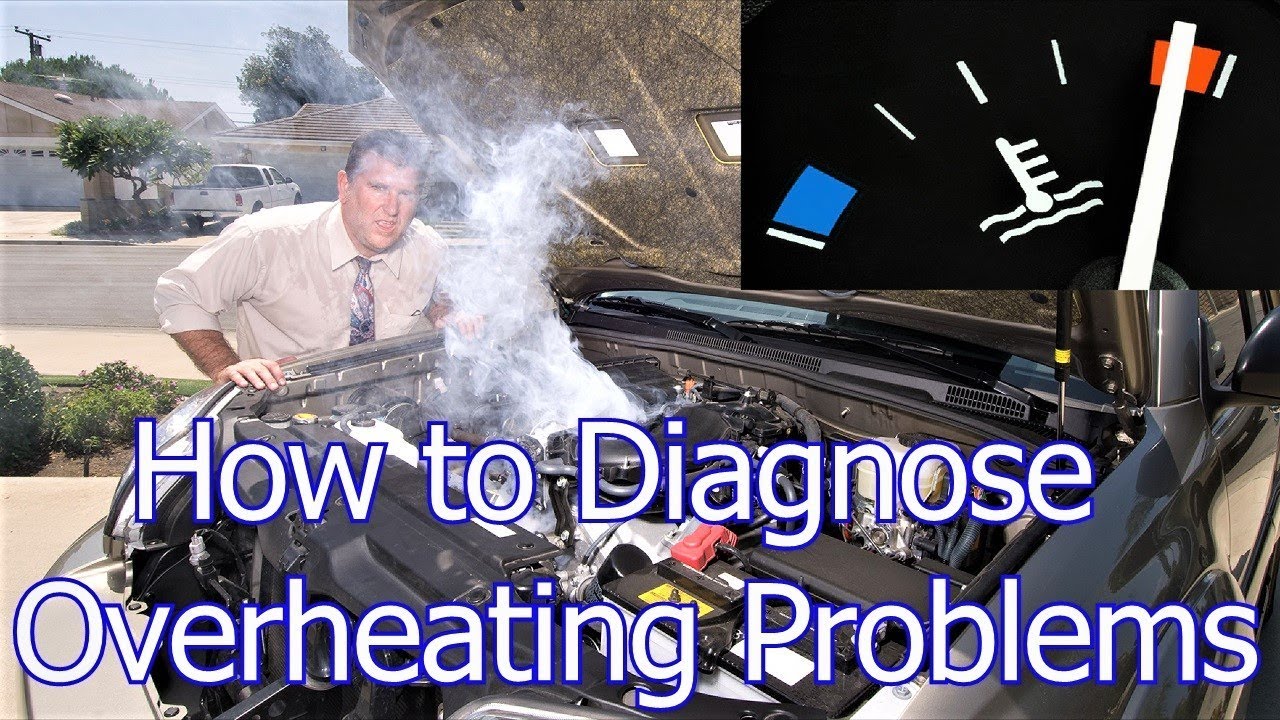Seeing your car’s temperature indicator steadily rise as you drive can be rather annoying. Believe me. Oh, I totally get that. It is not humorous. If you see this light, it means there’s an issue with the temperature rising in your vehicle’s engine.
Even more aggravation is felt by drivers who are unsure about what to do. If your car is running hot but not overheating, don’t fret; I’ll teach you why this is happening and how to fix it so you can still make it to your appointment on time.
When an automobile becomes hot but doesn’t overheat, what gives?

Having an engine that gets too hot is bad for your car. White smoke could be visible coming from your engine if it gets too hot. Because there are many potential causes for your car to run hot without overheating, it is important to identify the root of the problem before attempting to fix it. This is assuming, of course, that you are experiencing this issue.
When driving, it’s crucial that you understand how the majority of your vehicle’s systems work. I will do my best to analyze the root reasons of this issue:
Faulty temperature gauge
Several of the components that make up the temperature gauge are very fragile. However, after all other possible causes have been exhausted, this should be considered as one of the last possibilities.
As an example, if the temperature gauge’s needle becomes stuck in a hot spot, it can easily break. There are a lot of moving parts in your car’s temperature gauge, which might influence how this needle works. One indicator that this could be the case is if the temperature gauge reads inconsistently.
An erroneous reading from your vehicle’s temperature gauge can be the result of a loose radiator cap. Make sure you tighten it securely. To add insult to injury, even though the temperature gauge appears to be normal, a broken one might lead to overheating of the engine.
Damaged head gasket
The temperature gauge showing a growing number but the engine not overheating could be due, in part, to a defective head gasket. Signs of a blown head gasket indicate that the engine block and cylinder head are no longer sealed together.
There is no protection for the coolant, the combustion chamber, or the seal through which the engine oil travels. Coolant leaking can be caused by a broken head gasket.

Bad water pump
An integral part of your car’s cooling system is the water pump, which is located in the engine. Your cooling system’s ability to drive coolant through the system’s pipes and hoses depends on how well it’s operating.
It can cause your vehicle’s engine to overheat since it affects the cooling system as a whole. The engine temperature in your car could be rising because of a faulty water pump, which could be the result of floods or leaks.
Low coolant level
Vehicle overheating can be caused by an inadequate amount of coolant in the reservoir. If your vehicle’s reservoir is empty of coolant, the system will not work as intended, leading to an increase in engine temperature.
Your vehicle’s cooling system as a whole is vulnerable to damage from a low coolant level. For this reason, you should keep your vehicle’s reservoir tank filled at all times and check the coolant level in it frequently.
Faulty radiator fan
By drawing heat from the engine, your vehicle’s radiator fan lowers the temperature of the coolant. Damage to the engine system from overheating might result from a fan that fails to do its job. Alterations to the radiator fan’s speed can also raise or lower the temperature of your vehicle’s engine. You could notice that the temperature gauge reading changes quite a bit when this is present.
Conclusion
Keep in mind that a vehicle’s engine is its beating heart. So, you should pay close attention to how your car’s engine is doing. Prior to starting the engine and getting behind the wheel, double-check all of your vehicle’s parts and adhere to your vehicle’s maintenance schedule. In doing so, you can greatly reduce the likelihood that your vehicle will experience problems leading to the aforementioned “hot but not overheating” or any engine trouble.




